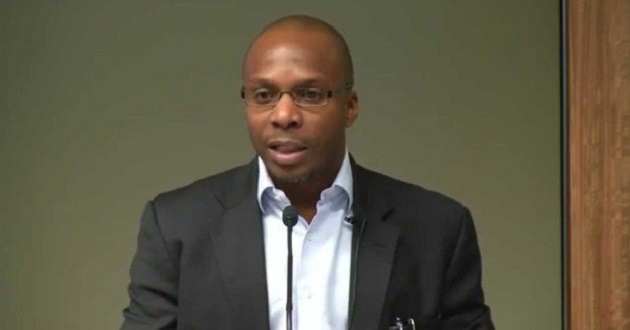Business
Nigeria’s economy slows in Q2 2018 as fears of another recession rise

The Nigerian economy has slowed for the second consecutive quarter this year, indicating the nation may soon be heading for another economic recession.
According to the Gross Domestic Product (GDP) figures released by the National Bureau of Statistics (NBS) on Monday, the rate at which the nation’s economy grew in the second quarter of 2018 slowed to 1.50 percent from 1.95 percent recorded in previous quarter.
The GDP growth rate is the rate at which the value of all goods and services produced within a country’s border in a given period is rising.
Nigerian economy had officially slumped into recession in the second quarter of 2016 after recording negative GDP for two consecutive quarters, according to NBS.
Nigeria, which relies on crude oil for 70 percent for its revenue and over 90 percent for its export earnings, slumped into its worst economic woes since 1987 by recording five consecutive negative GDP growth rates from -0.67 percent in Q1 2016 to -0.91 percent in Q1 2017.
The nation’s annual growth rate turned positive in Q2 2017 with GDP growth rate of 0.72 percent and sustained the positive trajectory for five quarters till Q2 2018.
Read also: Nigerian govt to sell Afam, Yola DisCo
The economy would enter another recession when the GDP figures turn negative for two consecutive quarters.
The data indicated that the oil GDP contracted by -3.95 percent from 14.77 percent in Q1 2018, while non-oil GDP grew by 2.05 percent from 0.76 percent in Q1 2018.
Last week, the Statistician-General of NBS, Yemi Kale, had attributed the downturn to the clashes between farmers and herdsmen slowed in some parts of the country.
The International Monetary Fund (IMF) had projected that the nation’s economy would grow from 0.8 percent in 2017 to 2.1 percent in 2018 and 2.3 percent in 2019 on the back of an improved outlook for oil prices.
According to the global monetary authority, the forecast “reflects improved prospects for Nigeria’s economy” and supported by the increase in commodity prices like crude oil.
With the GDP figures for the two quarters, the nation now has an average GDP of 1.73 percent for the first half of 2018.
RipplesNigeria… without borders, without fears
Click here to join the Ripples Nigeria WhatsApp group for latest updates.
Join the conversation
Support Ripples Nigeria, hold up solutions journalism
Balanced, fearless journalism driven by data comes at huge financial costs.
As a media platform, we hold leadership accountable and will not trade the right to press freedom and free speech for a piece of cake.
If you like what we do, and are ready to uphold solutions journalism, kindly donate to the Ripples Nigeria cause.
Your support would help to ensure that citizens and institutions continue to have free access to credible and reliable information for societal development.
























